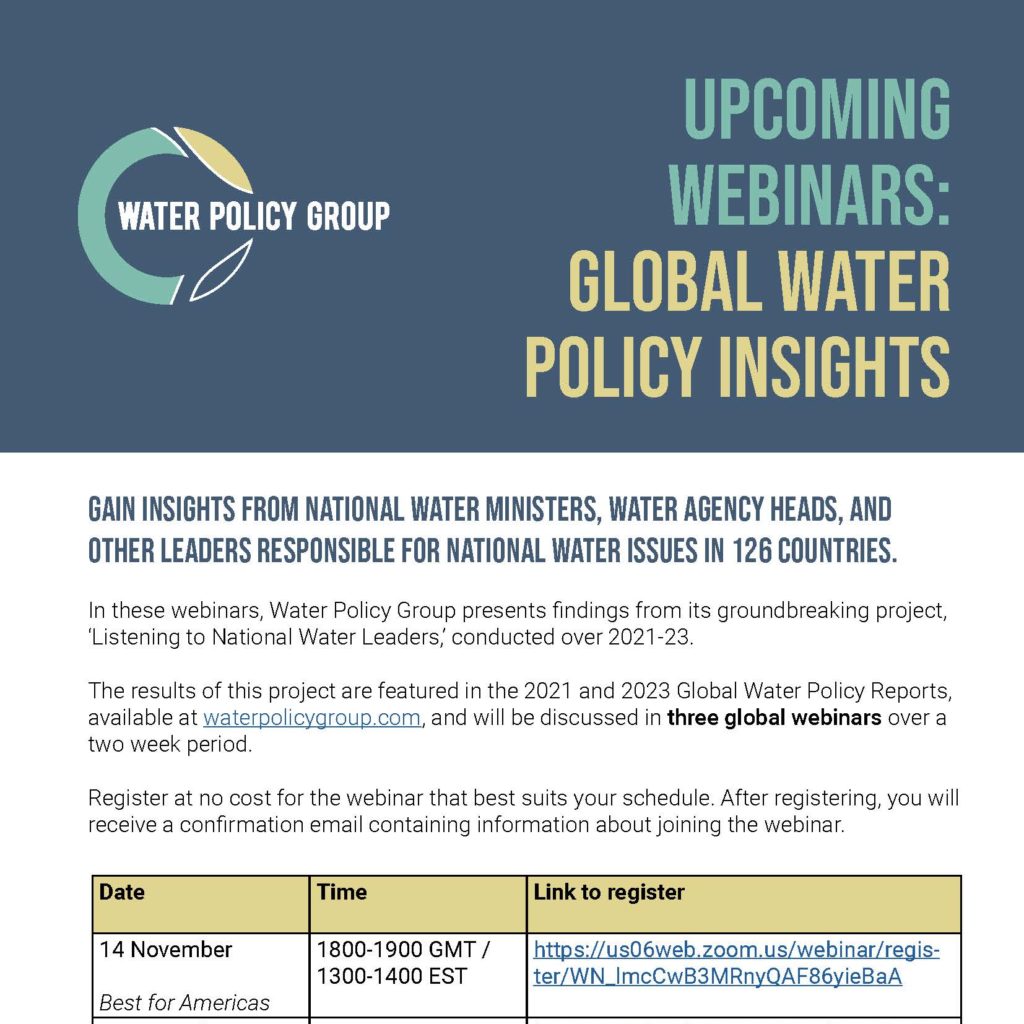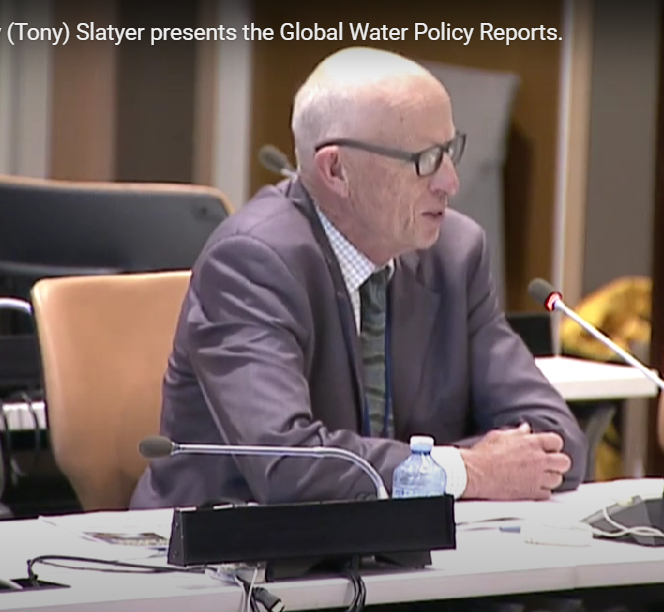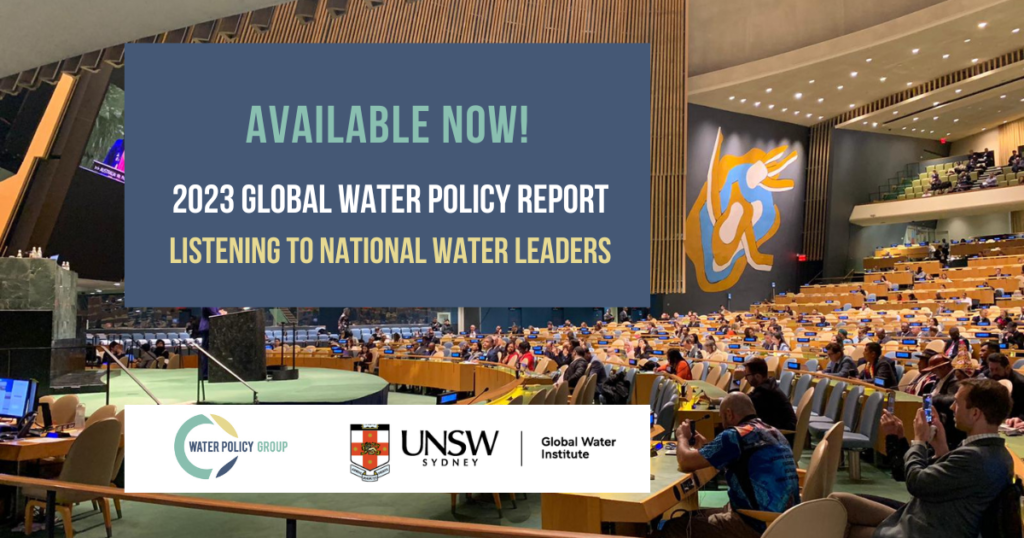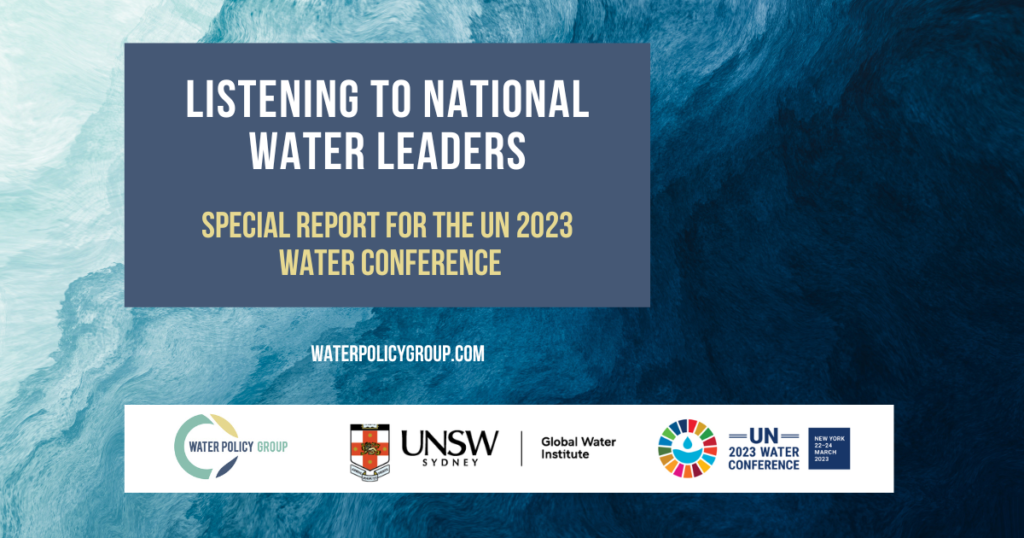Water Policy Group member Dr Anne Castle recently played a pivotal role in producing a resource that provides Tribal communities in the United States with guidance on how to secure federal funding to improve their access to safe and clean drinking water.
The Initiative on Universal Access to Clean Water (UACW), of which Dr Castle is a Founder and Advisor, released its Tribal Handbook on Bipartisan Infrastructure Law and Inflation Reduction Act Funding on 17 July 2024. The Handbook aims to help Tribes to overcome challenges and navigate the process from identifying their funding needs to obtaining the necessary funds for essential drinking water projects.
The Bipartisan Infrastructure Law (BIL) and the Inflation Reduction Act (IRA) aim to increase, improve, and maintain access to safe and clean drinking water, and together they provide the largest federal investment to date in upgraded infrastructure and climate resilience. Targeted funding is available to address the drinking water needs of Tribal communities, but some barriers remain for Tribes in accessing this funding.
The Tribal Handbook was produced in an effort to ensure that Tribal communities are able to access and deploy this funding, and that meaningful gains are made in reducing the water access gap in Indian country.
Heather Tanana, leader of the UACW Initiative and Citizen of the Navajo Nation discussed the critical need for this handbook, stating: “While substantial and unprecedented levels of funding have been made available through the BIL and IRA, moving funds from the agencies into the hands of Tribes is proving to be challenging. There are multiple agency funding sources, differing application and awarding processes, and varying types of projects and activities eligible for funding. In addition, most of this money is strictly time limited.”
By transforming the federal approach to Tribal water access, UACW envisions a future where federal funds are effectively utilized, resources are adequately secured, and Tribal water access challenges are significantly mitigated over the next 20 years.
Further information is available www.tribalcleanwater.org.
